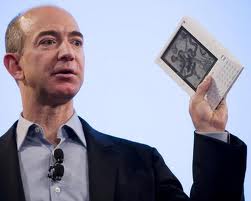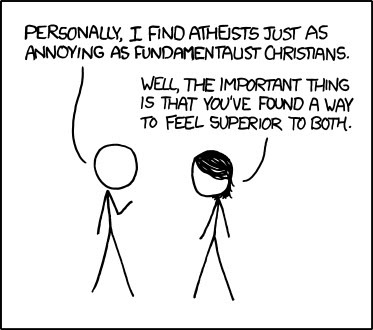Publishing Industry’s Frenemy #1
Do you ever flash forward to 2050 or 2100 and wonder what students will be studying in the Publishing Industry chapter of their Economics books? Will encyclopedias (or Wikipedia) parade Amazon and Jeff Bezos as Gutenberg II or the Gutenberg Killer?
Amazon is busy making the entire book business a “direct-to-consumer” model. This isn’t new; they have been doing it for 15 years. By most accounts, the company is now the largest retailer of physical books and the dominant player in the digital space. What are Amazon’s priorities? It doesn’t hide them. In 2007, Amazon founder and CEO Jeff Bezos described a company that is “congenitally customer-focused” whose enduring priorities are selection, low prices and fast delivery.
Compare those priorities to the ones in place at most publishing houses. It’s easy to see where interests start to diverge. And if you apply Porter’s framework to Amazon, you quickly see why the company has become publishing’s best-known and most significant frenemy… The recent controversy involving an agent selling exclusive e-book rights to Amazon… has focused largely on royalty rates, the role of agents and the exclusive nature of the deal. I think that debate misses the point.
The publishing supply chain has shifted. The interests of the company best positioned to benefit from those changes are not aligned with those of most publishers today. Publishers can defend, change or co-opt, but they can’t stand still. Issue all the press releases you want, but realize this isn’t about e-book royalty rates. It’s about Amazon. (Magellan Media Partners)
Spot on, of course, the “publishng suppy chain has shifted” and ranting, soapboxing, naysaying “old school publishers” are liable to miss the train if they don’t start running down the platform and getting on board.
Look at the last decade in the music industry. There wil always be audiophiles who insist that the “new school” music supply chain is killing the music industry. Or has already killed the music industry. They’ll insist on higher definition audio, better acoustics, etc. And they’ll pay through the nose for their tastes and recalcitrance. That’s fine. It’s good. They’ll continue for a long time to support an increasingly niche but valuable pocket of culture and business. But they’re already a tiny minority. The music train left the station, and the landscape of the music industry shifted dramatically, rapidly and irrevocably.
Unfortunately, the book publishing industry isn’t sure it wants to run and catch the “new school” train out of the station. In fact, its not sure which direction it’s going, an aggravating predicament when trying to decide which train to chase… So instead of leaping on the Amazon Express to the future or the Gutenberg Paradigm to niche-bibliophile-land, the publishing industry is planted on the platform throwing a temper tantrum. “I don’twant to go anywhere! I like it right heeeeeeeere… And I get motion sickness. And I have waaayyy too many traveling companions to fit on that dinky little train. And there’s no first class. I ONLY travel first class!”










 In 1935, Allen Lane was 32 and worked for The Bodley Head, which had been founded by his uncle. Returning from a weekend visiting Agatha Christie and her husband in the country, he had nothing to read and perused a railway bookstall. While looking at the dime novels, pulp fiction and expensive hardcovers, his little grey cells went to work, as Christie’s Hercule Poirot might put it, and he thought:
In 1935, Allen Lane was 32 and worked for The Bodley Head, which had been founded by his uncle. Returning from a weekend visiting Agatha Christie and her husband in the country, he had nothing to read and perused a railway bookstall. While looking at the dime novels, pulp fiction and expensive hardcovers, his little grey cells went to work, as Christie’s Hercule Poirot might put it, and he thought: 



